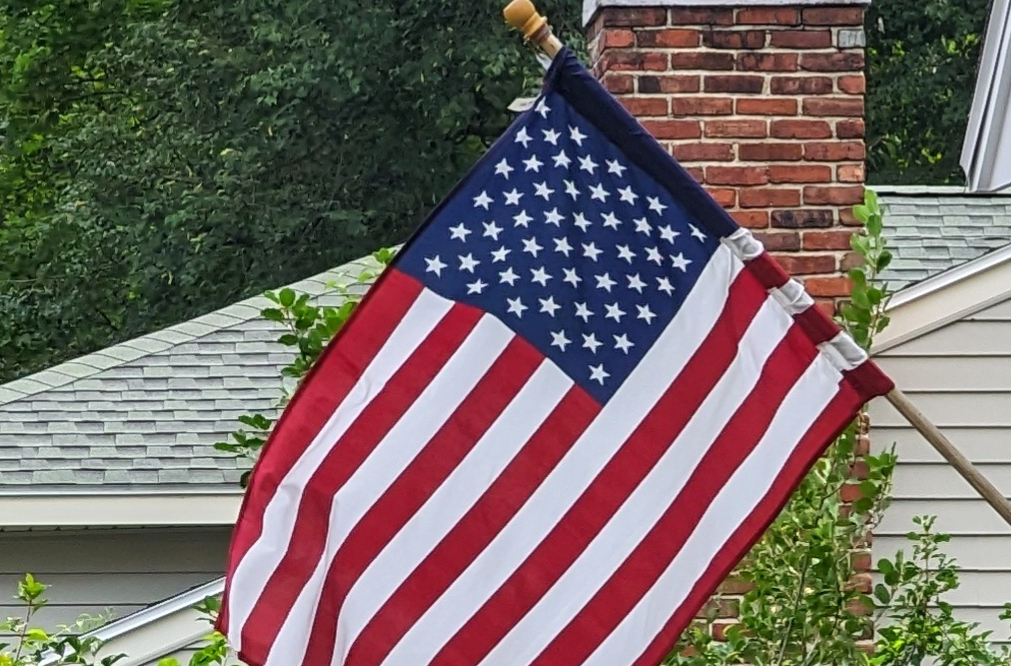
Continuing a Tradition of Civics Excellence
By Mike Sabo With new institutes emerging at colleges and universities in Florida, Ohio, Utah, Tennessee, North Carolina, Texas, and elsewhere, civics education may be

By Alberto Coll
This is an abridged version of Professor Coll’s essay in the Winter 2023 issue of The American Experiment, the Jack Miller Center’s historical journal.
How do we educate our students for freedom?
After all, many of them arrive in college today believing that the United States is systematically oppressive, hopelessly unjust, and that there is not much worth celebrating or defending about our country (or so they have been taught).
So I often start my class by asking them a simple question: “Out of the world’s twenty largest countries, in which country would you rather live?”
I pick the world’s twenty largest countries because size matters. The larger a society’s size, the more complex will be its social, economic, and political problems. There is also the difficulty of maintaining freedom and representative government in the midst of sharp political differences and quarrelling factions and interest groups.
Each country’s character as a free society must be judged not by reference to some abstract ideal standard but by reference to societies that actually exist in today’s world. This is not a trivial point. The most horrible atrocities committed in the last century, numbering in the hundreds of millions of victims, were carried out by people enamored of some beautiful future vision of perfection.
Once most students ask themselves where they would rather live, they begin to understand that the United States may not be as oppressive or unjust as they were led to believe.
They start to understand that the study and practice of politics is hard work, that human beings and their political systems are inherently flawed, and that comparative assessments of our society against societies as they really are, as opposed to some abstract standard of justice, is necessary for serious political thinking.
With this in mind, what are the traits our young people need to sustain free government?
The American Founders referred to the necessary characteristics of a free, self-governing people as civic virtue. Defined by habits of intellect and good character, the three virtues they especially prized were prudence, deliberation, and moderation.
Once widely acknowledged as foundational to individual and civic virtue, these fundamental “habits” are hardly found in our contemporary public discourse. At many colleges and universities, the campus ethos prizes maximalism, “good vs. evil” thinking, demands for immediate change, and disdain or outright intolerance toward dissenting viewpoints. Intellectual opponents and adversaries are quickly branded as tools of the oppressors or oppressors themselves, and intellectual disagreements quickly become equated with moral deficiency and guilt.
So, how can civic virtues combat such deficits in our society?
The Founders, as well as the classical thinkers that influenced them such as Aristotle and Cicero, considered prudence the highest political virtue.
Prudence requires a recognition of the inherent limits to political action, the role of unforeseen consequences, and the complexity of translating political goals into good results. Those persons entrusted with responsibility for the safety of the state and society need to cultivate and exercise “practical wisdom,” because they face the problem of achieving “the good” in an invariably imperfect context of multiple constraints, trade-offs, and competing goods or “ends.”
Next is deliberation. Educating for freedom requires educating for deliberation. Students must be familiar with public speaking and debate as instruments through which citizens in a free society passionately – yet peacefully – argue about vital political issues.
For centuries, it was well understood that republican government required the cultivation among society and within our universities of the practice of rhetoric and debate as key instruments of deliberation. Throughout our society, the decline of rhetoric and debate, and the replacement of deliberation by the exaltation of emotionality and the “therapeutic mode,” are causing great damage to our ability to coexist peacefully with each other amidst our unavoidable differences.
Finally, we come to the virtue of moderation. In a rambunctious, sprawling, highly heterogeneous democracy of 337 million people, moderation is essential to our survival as a free society – a key counterbalance to the inherent human tendencies of factionalism and strife.
Moderation means the capacity to consider others’ interests and perspectives with a view to deciding what is best for the whole. Again, sadly, for many people today, moderation does not even count as a virtue but as an obstacle to progress, “liberation,” and the triumph of one’s righteous cause.
Educators must help many of our skeptical students realize that our society is free and worth preserving and defending. They need to help them become aware of those foundational habits and ways of thinking, through which we can strengthen and improve participation in our free society.
Keeping in mind that there will always be political differences, we must cultivate not only these qualities of prudence, deliberation, and moderation but a full understanding of America’s unique place in the world and our role in this free society, which many around the globe have made great sacrifices to enjoy. Over 45 million Americans (over 13% of our population) were born outside the United States and came to this great country to find the freedom and opportunities lacking in their countries of birth.
Alberto R. Coll is the Vincent de Paul Professor of Law at DePaul University’s College of Law. He is a Jack Miller Center faculty partner and has contributed significantly to JMC’s K-12 efforts through the Founding Civics Initiative and the American Civics and History Initiative.

By Mike Sabo With new institutes emerging at colleges and universities in Florida, Ohio, Utah, Tennessee, North Carolina, Texas, and elsewhere, civics education may be
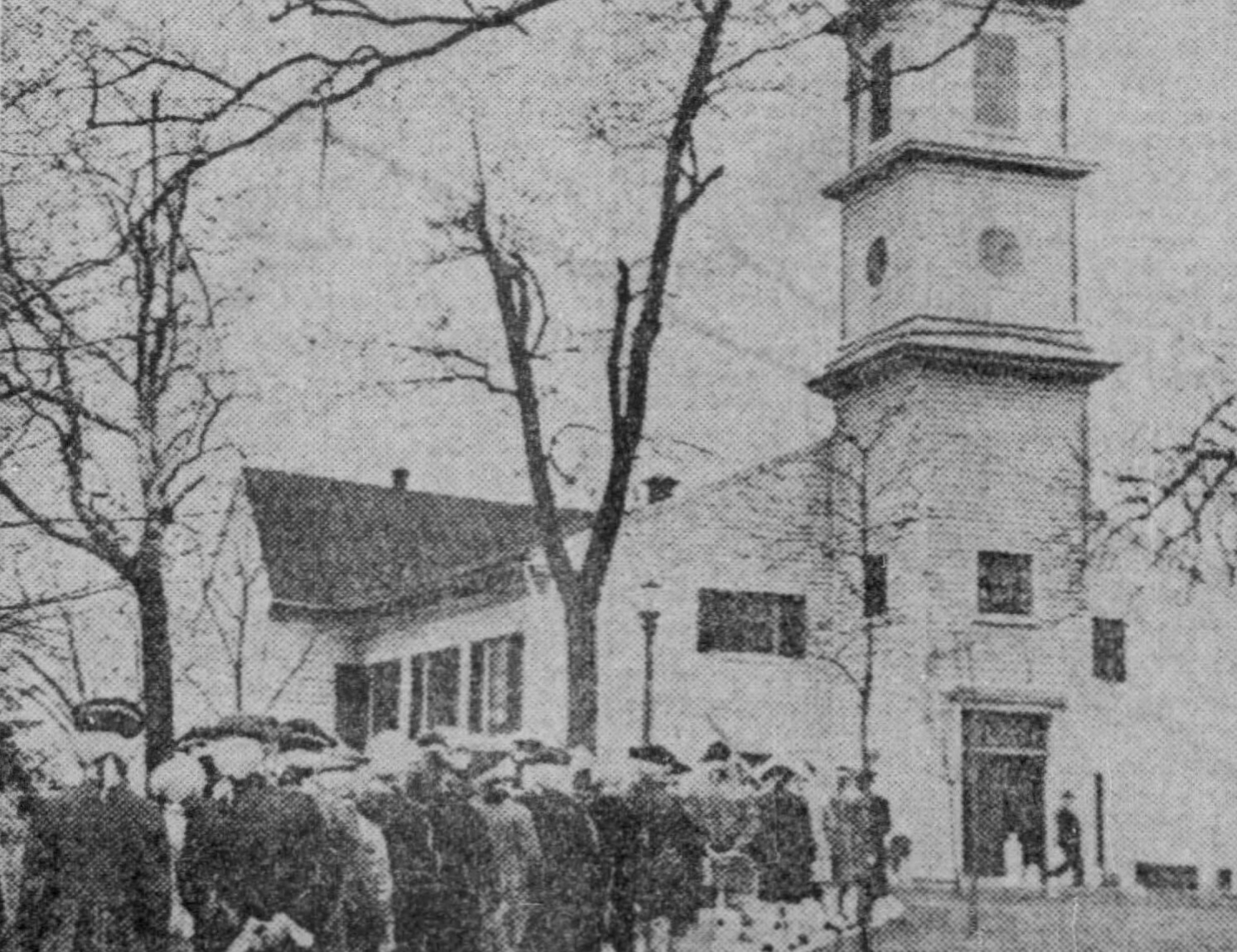
By John A. Ragosta On March 23rd in 1775, Patrick Henry rose at St. John’s Church in Richmond, Virginia, to urge his countrymen to arm
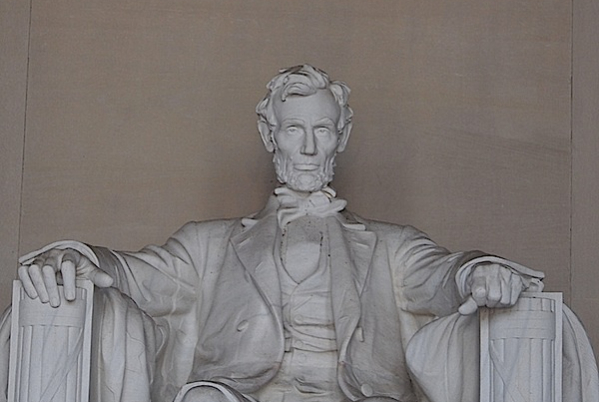
By Brian Matthew Jordan One hundred and fifty-nine years ago this Sunday, a 26-year-old white supremacist and Confederate sympathizer named John Wilkes Booth pointed a
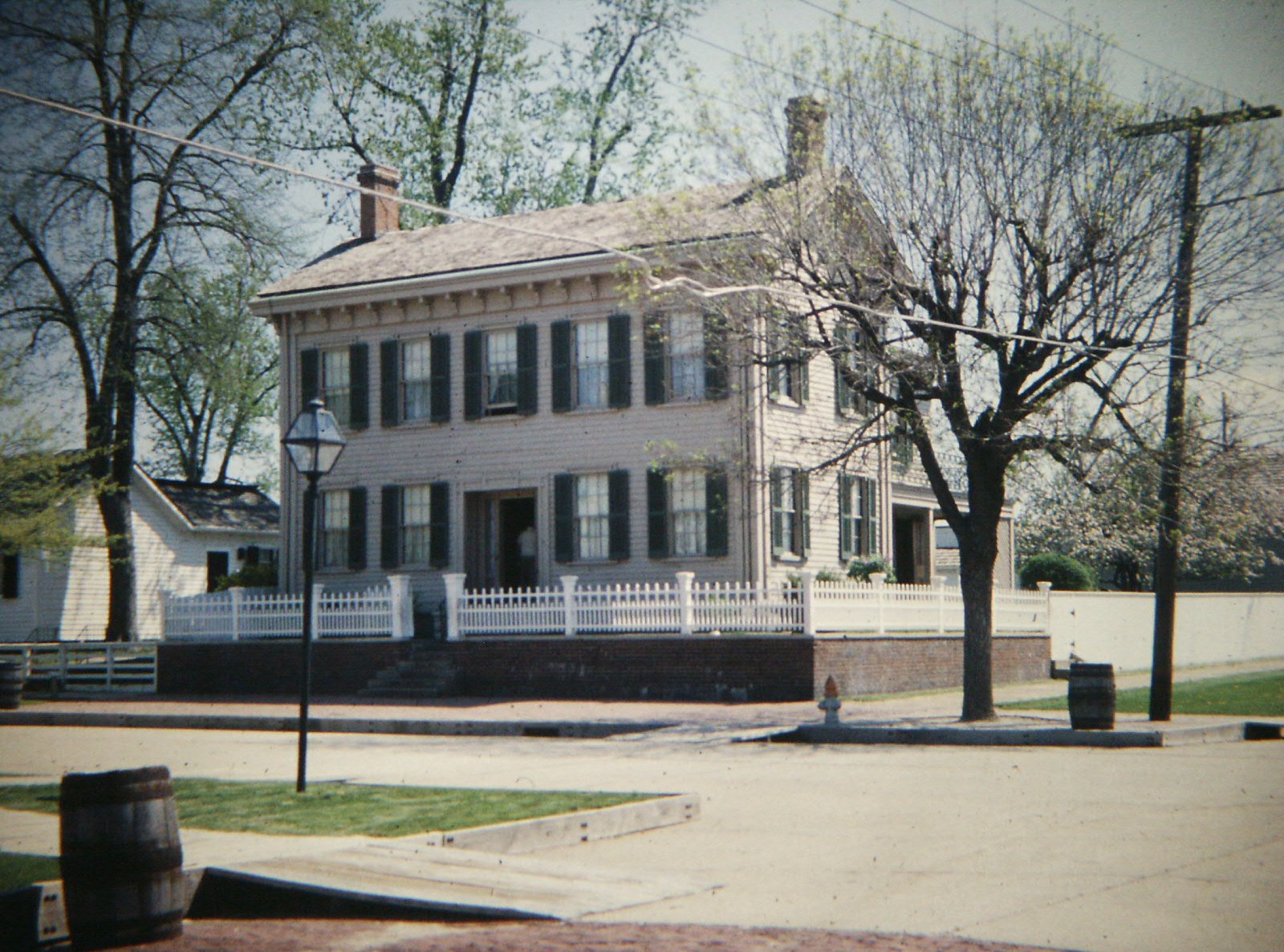
By Jonathan W. White Historians and the general public regularly rank Abraham Lincoln as America’s greatest president. There is little doubt that he is widely
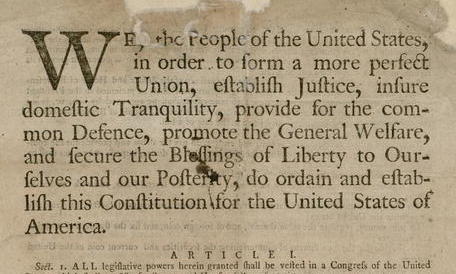
By Hans Zeiger December 15th marks Bill of Rights Day, which commemorates the 232nd anniversary when the first ten amendments to the U.S. Constitution were

The Patriot Week Foundation achieved its 501(c)(3) status in December 2012 and has moved forward by building a sustainable, nonpartisan organization. Currently staffed with an Operations Manager and Education Consultant, the Patriot Week Foundation will be adding to its complement of talent shortly.
This unique, historically grounded, non-partisan approach is desperately needed in our toxic political environment. In no small measure, the fate of the nation depends on it.
Get in Touch
Fill out the form, our team will get back to you ASAP.